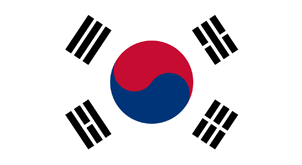
WHAT'S NEXT?: South Korea may go nuclear if Trump cancels the missile deployment and leaves the country alone facing the North's threats. With the President facing an impeachment vote and mass demonstrations on the streets political and economic turmoil may follow. Chinese markets has already shaken South Korea, where central bankers downgraded their forecasts for economic growth.
Last updated: 17 December 2025